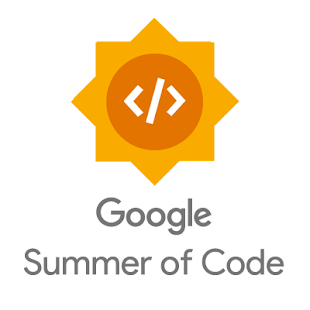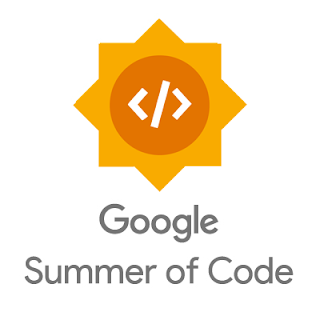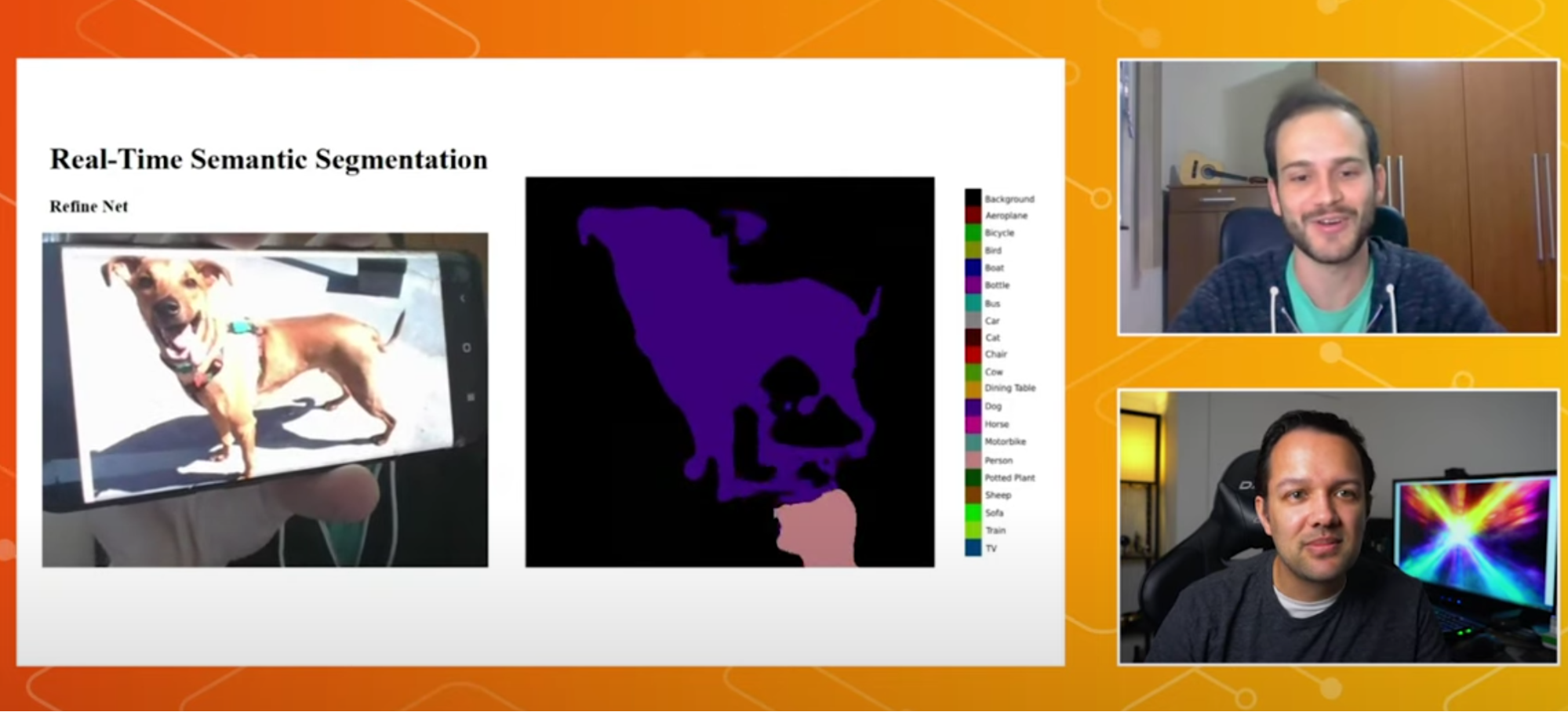
Posted by HyeJung Lee, DevRel Community Manager and Soonson Kwon, DevRel Program Manager
Let’s explore highlights and achievements of vast Google Machine Learning communities by region for the last quarter. Activities of experts (GDE, professional individuals), communities (TFUG, TensorFlow user groups), students (GDSC, student clubs), and developers groups (GDG) are presented here.
Key highlights
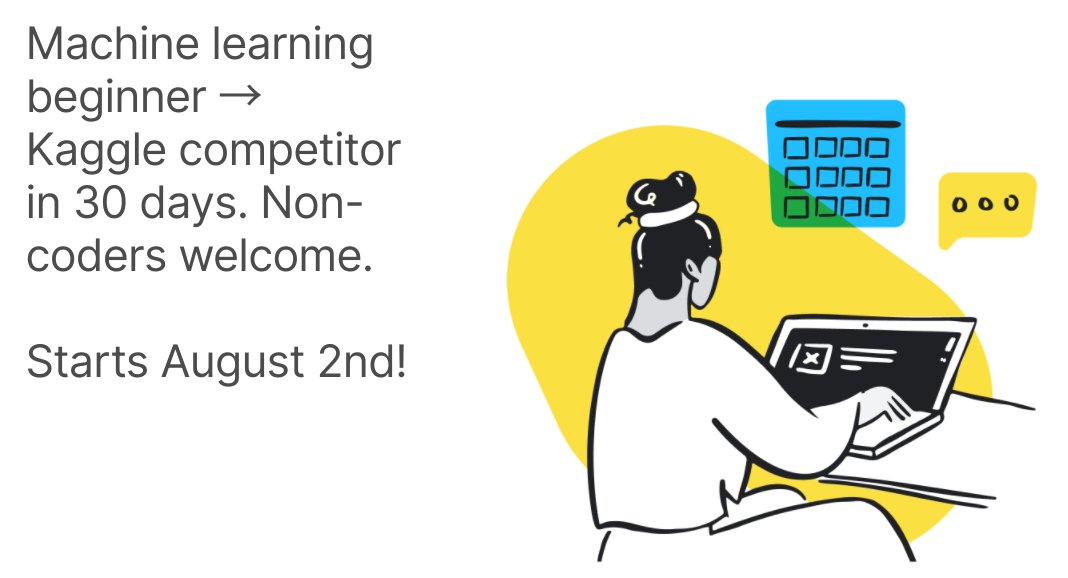
30 days of ML with Kaggle is designed to help beginners study ML using Kaggle Learn courses as well as a competition specifically for the participants of this program. Collaborated with the Kaggle team so that +30 the ML GDEs and TFUG organizers participated as volunteers as online mentors as well as speakers for this initiative.
Total 16 of the GDE/GDSC/TFUGs run community organized programs by referring to the shared community organize guide. Houston TensorFlow & Applied AI/ML placed 6th out of 7573 teams — the only Americans in the Top 10 in the competition. And TFUG Santiago (Chile) organizers participated as well and they are number 17 on the public leaderboard.
Asia Pacific
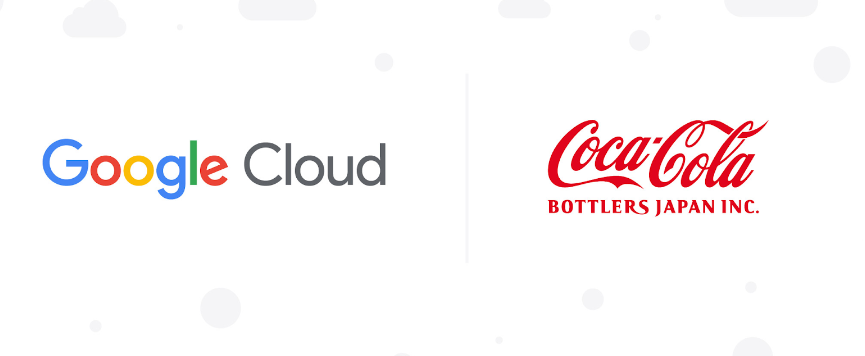
GDE Minori MATSUDA (Japan)’s project on Coca-Cola Bottlers Japan was published on Google Cloud Japan Blog covering creating an ML pipeline to deploy into real business within 2 months by using Vertex AI. This is also published on GCP blog in English.
GDE Chansung Park (Korea) and Sayak Paul (India) published many articles on GCP Blog. First, “Image search with natural language queries” explained how to build a simple image parser from natural language inputs using OpenAI's CLIP model. From this second “Model training as a CI/CD system: (Part I, Part II)” post, you can learn more about why having a resilient CI/CD system for your ML application is crucial for success. Last, “Dual deployments on Vertex AI” talks about end-to-end workflow using Vertex AI, TFX and Kubeflow.
In China, GDE Junpeng Ye used TensorFlow 2.x to significantly reduce the codebase (15k → 2k) on WeChat Finder which is a TikTok alternative in WeChat. GDE Dan lee wrote an article on Understanding TensorFlow Series: Part 1, Part 2, Part 3-1, Part 3-2, Part 4
GDE Ngoc Ba from Vietnam has contributed AI Papers Reading and Coding series implementing ML/DL papers in TensorFlow and creates slides/videos every two weeks. (videos: Vit Transformer, MLP-Mixer and Transformer)
A beginner friendly codelabs (Get started with audio classification ,Go further with audio classification) by GDSC Sookmyung (Korea) learning to customize pre-trained audio classification models to your needs and deploy them to your apps, using TFlite Model Maker.
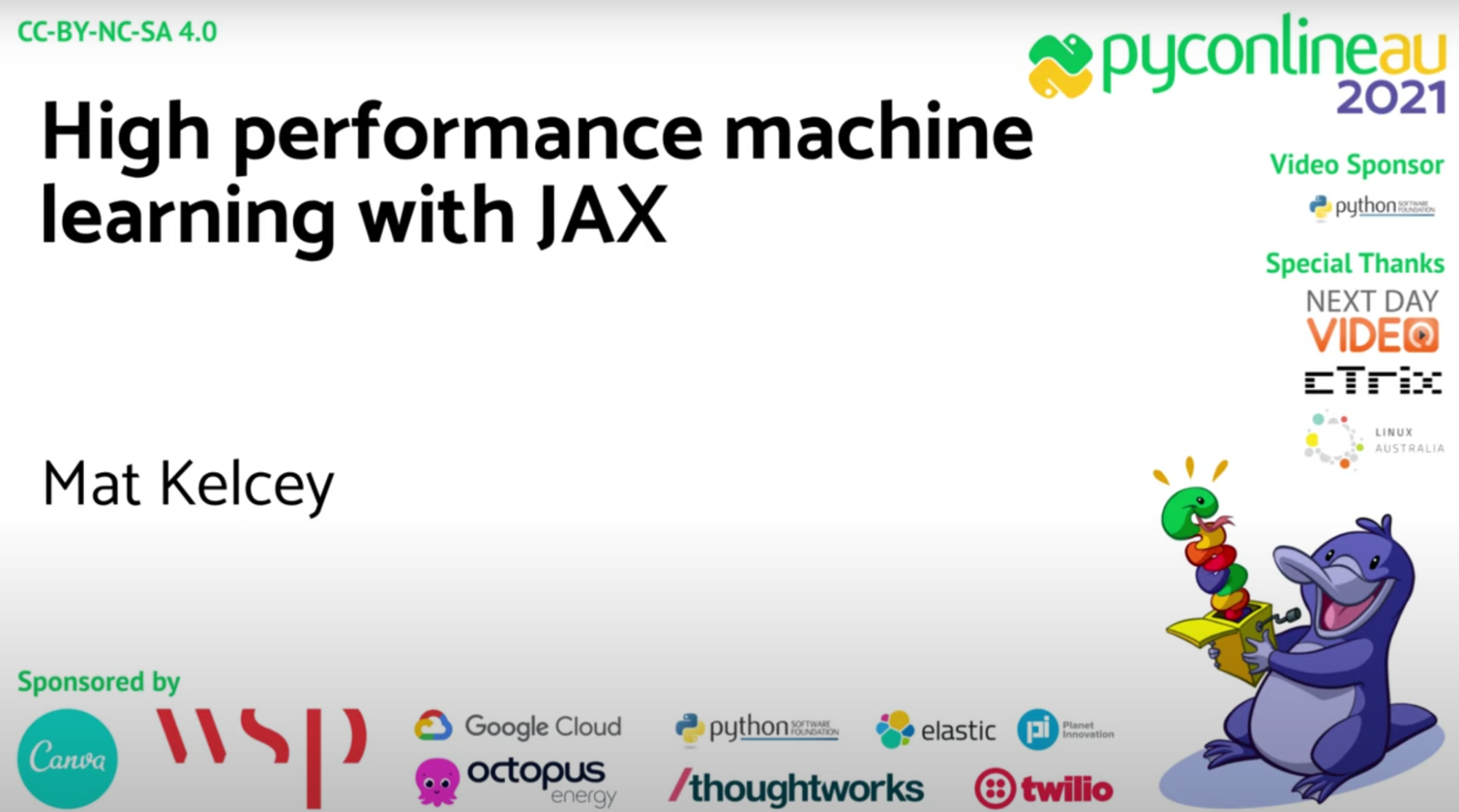
GDE Matthew Kelcey from Australia gave a talk on JAX at PyConAU event. Mat gave an overview to fundamentals of JAX and an intro to some of the libraries being developed on top.
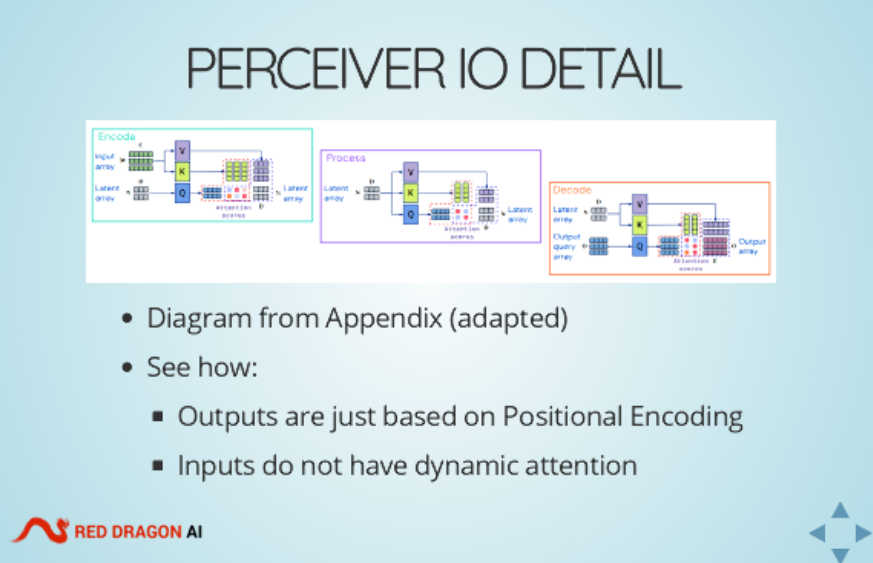
In Singapore, TFUG Singapore dived back into some of the latest papers, techniques, and fields of research that are delivering state-of-the-art results in a number of fields. GDE Martin Andrews included a brief code walkthrough for the released PerceiverIO code at perceiver- highlighting what JAX looks like, how Haiku relates to Sonnet, but also the data loading stuff which is done via tf.data.
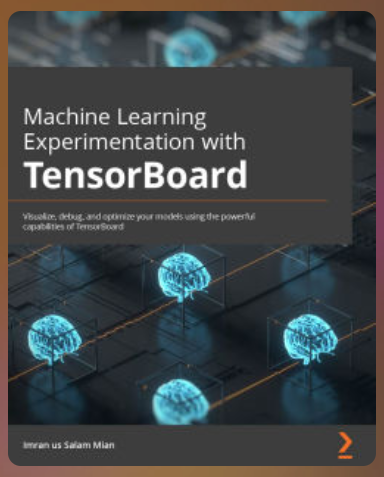
GDE Imran us Salam Mian from Pakistan published a book "Machine Learning Experimentation with TensorBoard".
India
GDE Aakash Nain has published the TF-JAX tutorial series from Part 4 to Part 8. Part 4 gives a brief introduction about JAX (What/Why), and DeviceArray. Part 5 covers why pure functions are good and why JAX prefers them. Part 6 focuses on Pseudo Random Number Generation (PRNG) in Numpy and JAX. Part 7 focuses on Just In Time Compilation (JIT) in JAX. And Part 8 covers vmap and pmap.
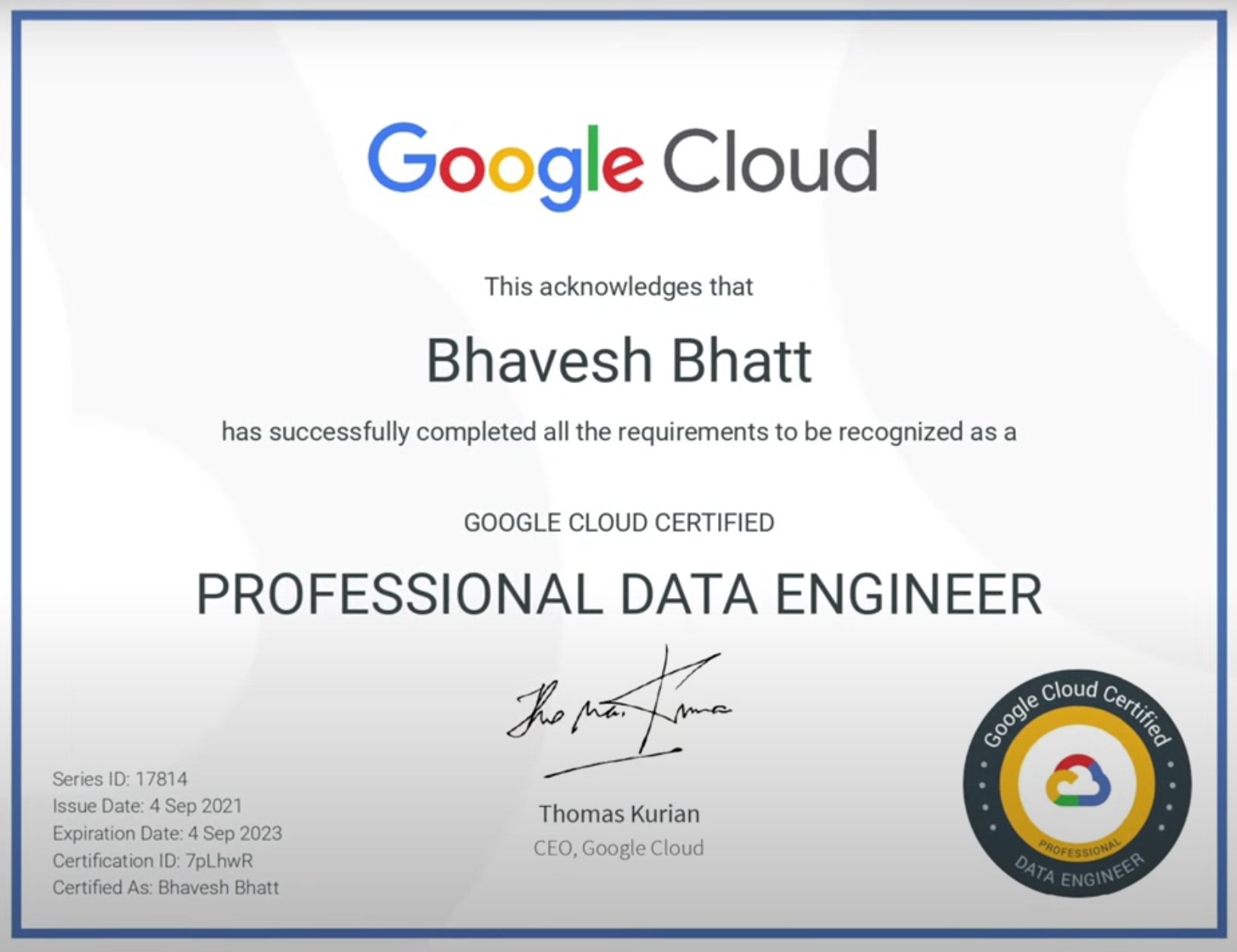
GDE Bhavesh Bhatt published a video about his experience on the Google Cloud Professional Data Engineer certification exam.
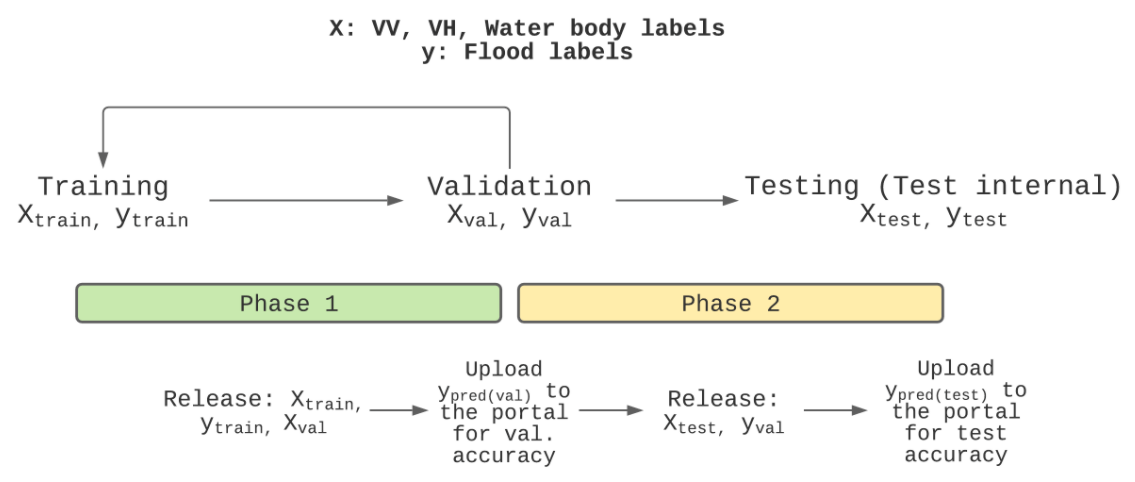
Climate Change project using Vertex AI by ML GDE Sayak Paul and Siddha Ganju (NVIDIA). They published a paper (Flood Segmentation on Sentinel-1 SAR Imagery with Semi-Supervised Learning) and open-sourced the project with regard to NASA Impact's ETCI competition. This project made four NeurIPS workshops AI for Science: Mind the Gaps, Tackling Climate Change with Machine Learning, Women in ML, and Machine Learning and the Physical Sciences. And they finished as the first runners-up (see Test Phase 2).

Tutorial on handwriting recognition was contributed to Keras example by GDE Sayak Paul and Aakash Kumar Nain.
Graph regularization for image classification using synthesized graphs by GDE Sayak Pau was added to the official examples in the Neural Structured Learning in TensorFlow.
GDE Sayak Paul and Soumik Rakshit shared a new NLP dataset for multi-label text classification. The dataset consists of paper titles, abstracts, and term categories scraped from arXiv.
North America
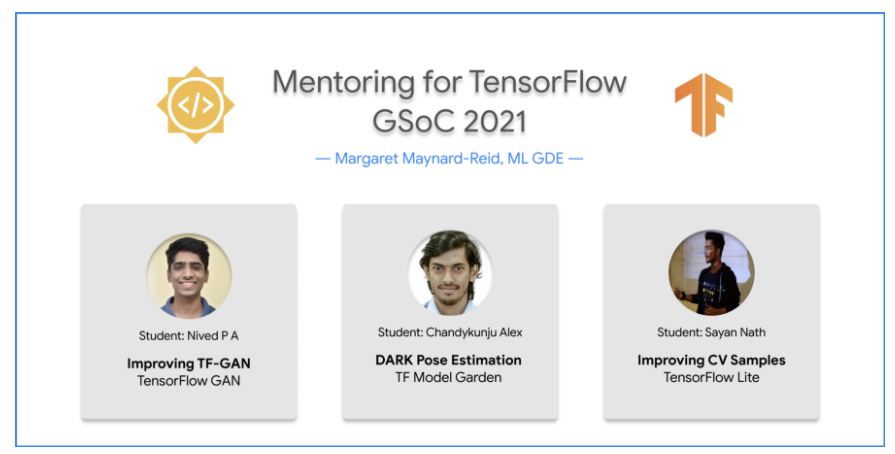
During the GSoC (Google Summer of Code), some GDEs mentored or co-mentored students. GDE Margaret Maynard-Reid (USA) mentored TF-GAN, Model Garden, TF Hub and TFLite products. You can get some of her experience and tips from the GDE Blog. And you can find GDE Sayak Paul (India) and Googler Morgan Roff’s GSoC experience in (co-)mentoring TensorFlow and TF Hub as well.
A beginner friendly workshop on TensorFlow with ML GDE Henry Ruiz (USA) was hosted by GDSC Texas A&M University (USA) for the students.

Youtube video Self-Attention Explained: How do Transformers work? by GDE Tanmay Bakshi from Canada explained how you can build a Transformer encoder-based neural network to classify code into 8 different programming languages using TPU, Colab with Keras.
Europe
GDG / GDSC Turkey hosted AI Summer Camp in cooperation with Global AI Hub. 7100 participants learned about ML, TensorFlow, CV and NLP.
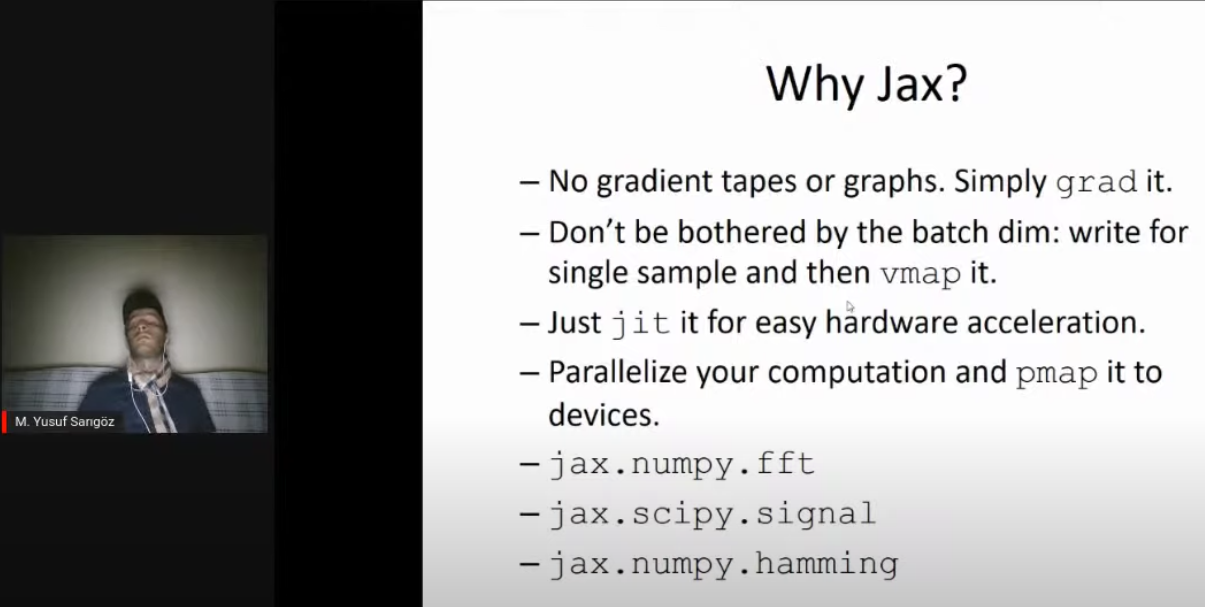
TechTalk Speech Processing with Deep Learning and JAX/Trax by GDE Sergii Khomenko (Germany) and M. Yusuf Sarıgöz (Turkey). They reviewed technologies such as Jax, TensorFlow, Trax, and others that can help boost our research in speech processing.
South/Central America

On the other side of the world, in Brazil, GDE Hugo Zanini Gomes wrote an article about “Custom object detection in the browser using TensorFlow.js” using the TensorFlow 2 Object Detection API and Colab was posted on the TensorFlow blog.

And Hugo gave a talk about Real-time semantic segmentation in the browser - Made with TensorFlow.js covered using SavedModels in an efficient way in JavaScript directly enabling you to get the reach and scale of the web for your new research.
Data Pipelines for ML was talked about by GDE Nathaly Alarcon Torrico from Bolivia explained all the phases involved in the creation of ML and Data Science products, starting with the data collection, transformation, storage and Product creation of ML models.
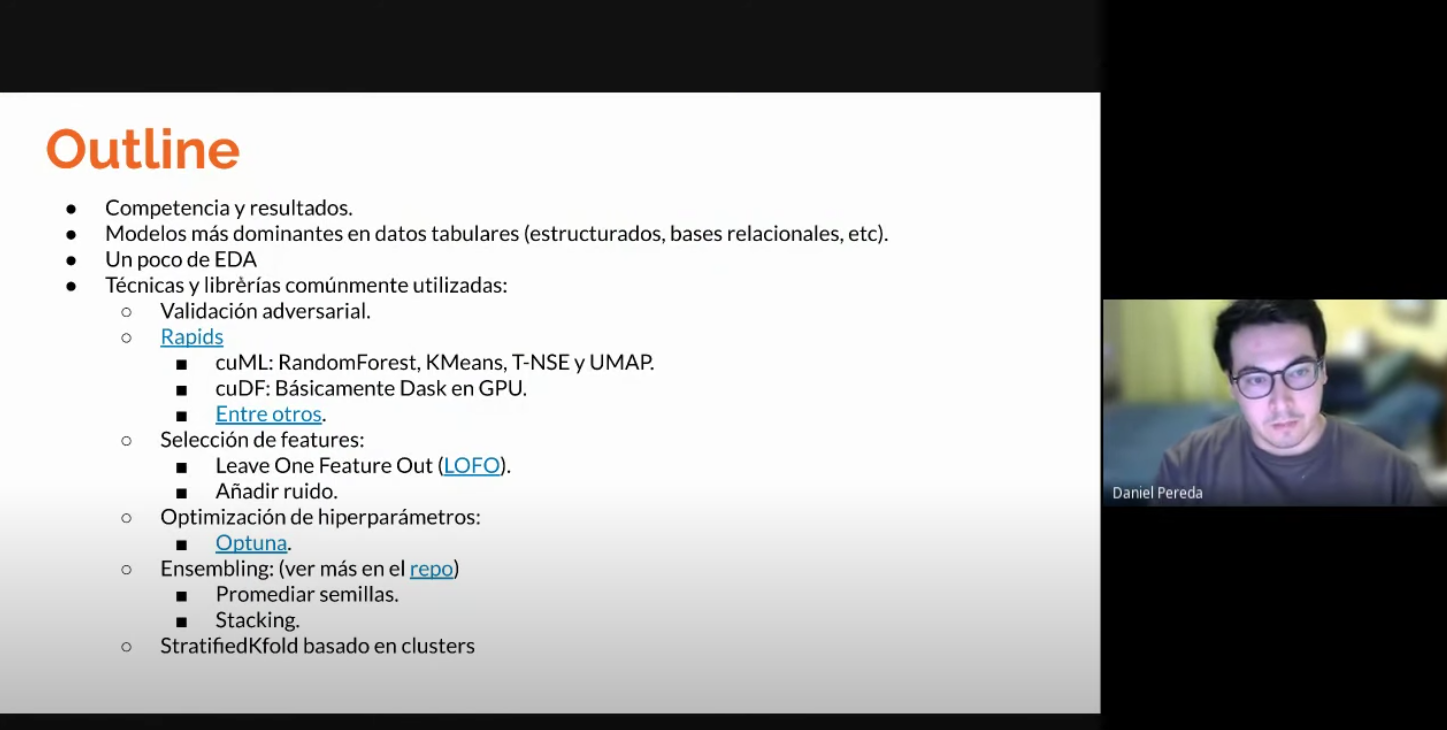
TechTalk “Machine Learning Competitivo: Top 1% en Kaggle (Video)“ was hosted by TFUG Santiago (Chile). In this talk the speaker gave a tour of the steps to follow to generate a model capable of being in the top 1% of the Kaggle Leaderboard. The focus was on showing the libraries and“ tricks ”that are used to be able to test many ideas quickly both in implementation and in execution and how to use them in productive environments.
MENA

GDE Ruqiya Bin Safi (Saudi Arabia) had a workshop about Recurrent Neural Networks : part 1 (Github / Slide) at the GDG Mena. And Ruqiya gave a talk about Recurrent Neural Networks: part 2 at the GDG Cloud Saudi (Saudi Arabia).
AI Training with Kaggle by GDSC Islamic University of Gaza from Palestine. It is a two month training covering Data Processing, Image Processing and NLP with Kaggle.
Sub-Saharan Africa
TFUG Ibadan had two TensorFlow events : Basic Sentiment analysis with Tensorflow and Introduction to Recommenders Systems with TensorFlow”.

Article covered some tips to study, prepare and pass the TensorFlow developer exam in French by ML GDE Yannick Serge Obam Akou (Cameroon).

 We are thrilled to announce the 2023
We are thrilled to announce the 2023 